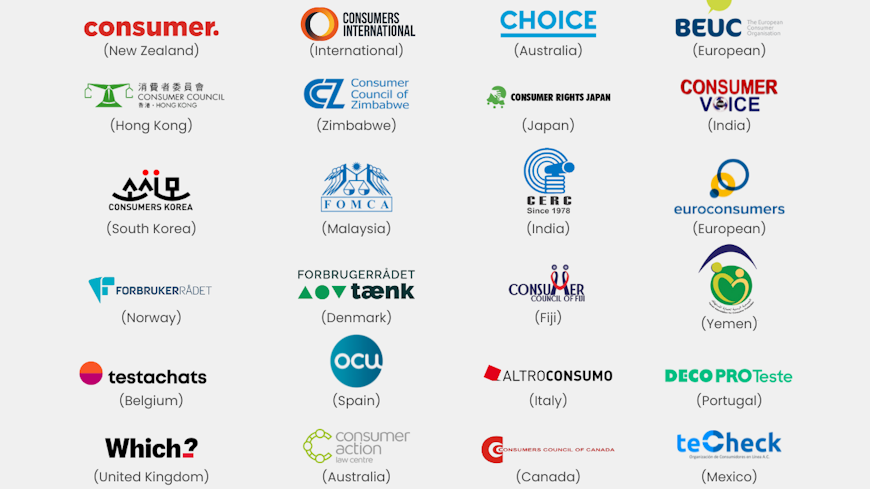We've joined consumer groups from 19 countries in a joint international statement calling on governments to require social media and other tech companies to implement stronger protections against online scams.

The global statement on stopping online scams highlights the enormous losses to scams globally and the role that tech companies play in enabling these scams.
According to a recent report by the Ministry of Business, Innovation and Employment, about $200 million was lost to scammers in New Zealand in 2022.
“We want governments to step up so big tech companies like Meta and Google are forced to protect users of their platforms from scammers,” said Jessica Walker, Consumer campaigns manager.
"Across the country, households are falling victim to sophisticated scams on the likes of Facebook marketplace and other platforms, with little to no protection. Once money is lost it's very difficult to retrieve. One in ten people say they, or someone in their household, have lost money to a scam in the past year."
Recently Elise* from Miramar purchased an item off Facebook Marketplace. The seller requested she use a courier service using a NZ Post link. After clicking on the fraudulent link, she was alarmed to see money moving around in her online bank account, where tens of thousands of dollars are held. She noticed the issue quickly, but it took two calls to her bank for the situation to be sorted, with no assistance from Facebook.
“International consumer groups are collectively calling on governments across the globe to ensure there are significant penalties if these tech giants don’t stamp out the scams which are a regular occurrence on their platforms.”
Our recent nationally representative research found that:
People in their forties are most likely to lose money to a scammer.
People educated to post-graduate level or equivalent are more likely to lose money to a scam.
Māori and Pasifika communities seem to be the most affected by scams. They're more likely to be targeted and more likely to report losing money to scams.
Following a successful campaign by the UK consumer group Which?, the UK has recently passed laws requiring technology platforms to prevent fraudulent scam adverts.
“Although not all scams originate from tech platforms, many do. We believe that forcing these companies to take responsibility for the crime their platforms enable will be a significant step forward in our fight to better protect consumers against cybercrime,” said Walker.
"These platforms are making money running ads or hosting accounts that end up with innocent users being victims of fraud – platforms are happy to take the profits, they should also be forced to take responsibility for protecting consumers.”
*Elise's name has been changed for privacy reasons.

Scams and how to avoid them
Wondering if that email or phone call is a scam? Learn about the most common types of scams and how to protect yourself.



